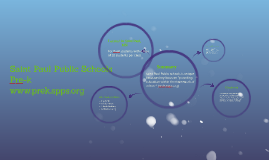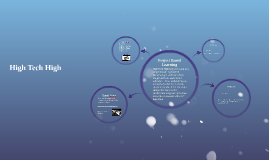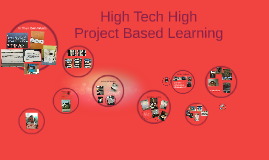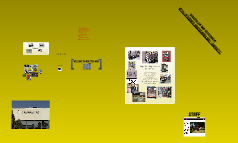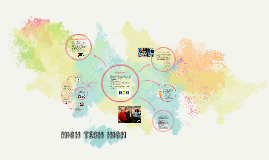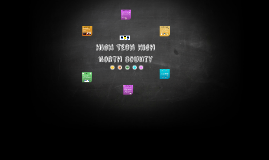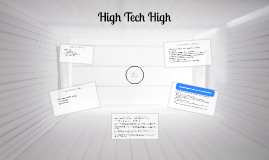High Tech High
Transcript: Big Picture-The HTH Lens Project Planning- The 6 A's * Identify student learning goals...what will the students be able to do after your lesson * Identify teacher actions and student actions * Think about how students will work (individual, pairs, groups, etc.) * Think about the timing of your lesson (50 min. period, 90 min. period, block scheduling, etc.) * "Launch, Explore, Explain" model * Think about how you will assess your students and communicate this with them * Think about overall sequence of your lessons...content knowledge builds * Educating the Whole Child * Collaboration * Quality Work * Q&A * Student Work * Project Ideas * Best Practices 1. Authenticity- Does the project have a real-world problem? Are the students doing real adult work? 2. Academic Rigor- Challenge students? Critical thinking? Habits of mind? 3. Applied Learning- Does the project lead students to acquire and use competencies expected in high performance work organizations (e.g., teamwork, appropriate use of technology, problem solving and communication)? 4. Active Exploration- Does the project require students to engage in real investigations, using a variety of methods, media, and sources? Are students expected to communicate what they are learning through presentation and/or performance? 5. Adult Relationships- Do students meet and observe adults with relevant expertise and experience? Do adults collaborate on the design and assessment of student work? 6. Assessment- Do adults from outside the classroom help students develop a sense of real world standards for this type of work? Will there be opportunities for regular assessment of student work through a range of methods, including exhibitions and portfolios. High Tech High HTMMA Core Values 1. Do what you say and say what you mean. Always. 2. Over plan. 3. Be genuine. Connect with your students. 4. Set clear expectations and help your students reach them. 5. Provide the rationale behind what you do and what the students do. The "why" is very important. 6. Practice, practice, practice. 7. Have fun damn it. We're teachers. They're kids. Classroom Management Design Principles: * Personalization * Adult World Connection * Common Intellectual Mission * Teacher As Designer Lesson Planning






